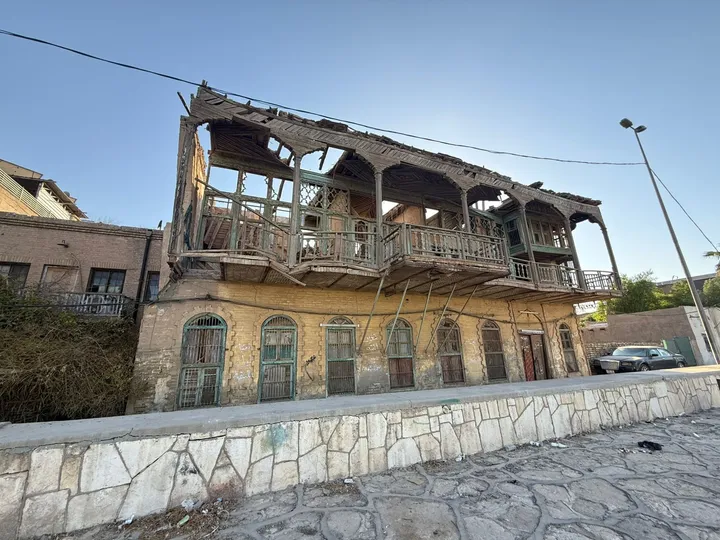Showcasing traditional dance, music and arts, Iraq's Babylon International Festival has attracted thousands of fans for the first time in two war-scarred decades.
The arts showcase, staged in what was the capital of the ancient Mesopotamian state of Babylonia, this year drew artists from dozens of countries including Jordan, Serbia and Russia as well as homegrown talent.
"It's a great joy. We haven't seen a festival like this for years," said Shaima, 45, visiting the event at the ancient archeological site with her two daughters.
The last edition of the festival was held in 2002, the year before the US-led invasion that toppled Saddam Hussein.
In the years after, Iraq saw war between US troops and insurgents, sectarian clashes and the battle against the Daesh group.
Tens of thousands died and much of the country and its rich cultural heritage were reduced to rubble.
Today there is relative stability, though marred by periodic Daesh attacks and political tensions, and Iraqis are looking to the future.
READ MORE:Norwegian police seize 100 Iraqi archaeological artefacts
Rooted in history
The five-day festival, which ended Monday, is one of the symbols of this new hope.
"It's a fundamental change compared with the terrible ordeals that we suffered," Shaima said.
Yasser al-Ardawi, head of a Jordanian troupe that practices a Middle Eastern line dance called dabkeh, voiced confidence that the festival's return means "security and stability have returned to Iraq."
The festival, first launched in 1987, was staged at the majestic UNESCO World Heritage site of Babylon, south of Baghdad.
Most performances were held in the Babylon theatre which Alexander the Great built around 311 BC.
Because history, both ancient and modern, is never far away in Iraq, one of the palaces Saddam built still stands just a few hundred metres (yards) from the Babylonian ruins.
In the shadow of a replica of Ishtar Gate, built originally by Nebuchadnezzar II around 575 BC, Iraqi photographer Haider al-Masalmawi was showing his work to visitors.
He voiced hope that the festival would "relaunch art, culture and even the economy of Iraq. It's a showcase."
























